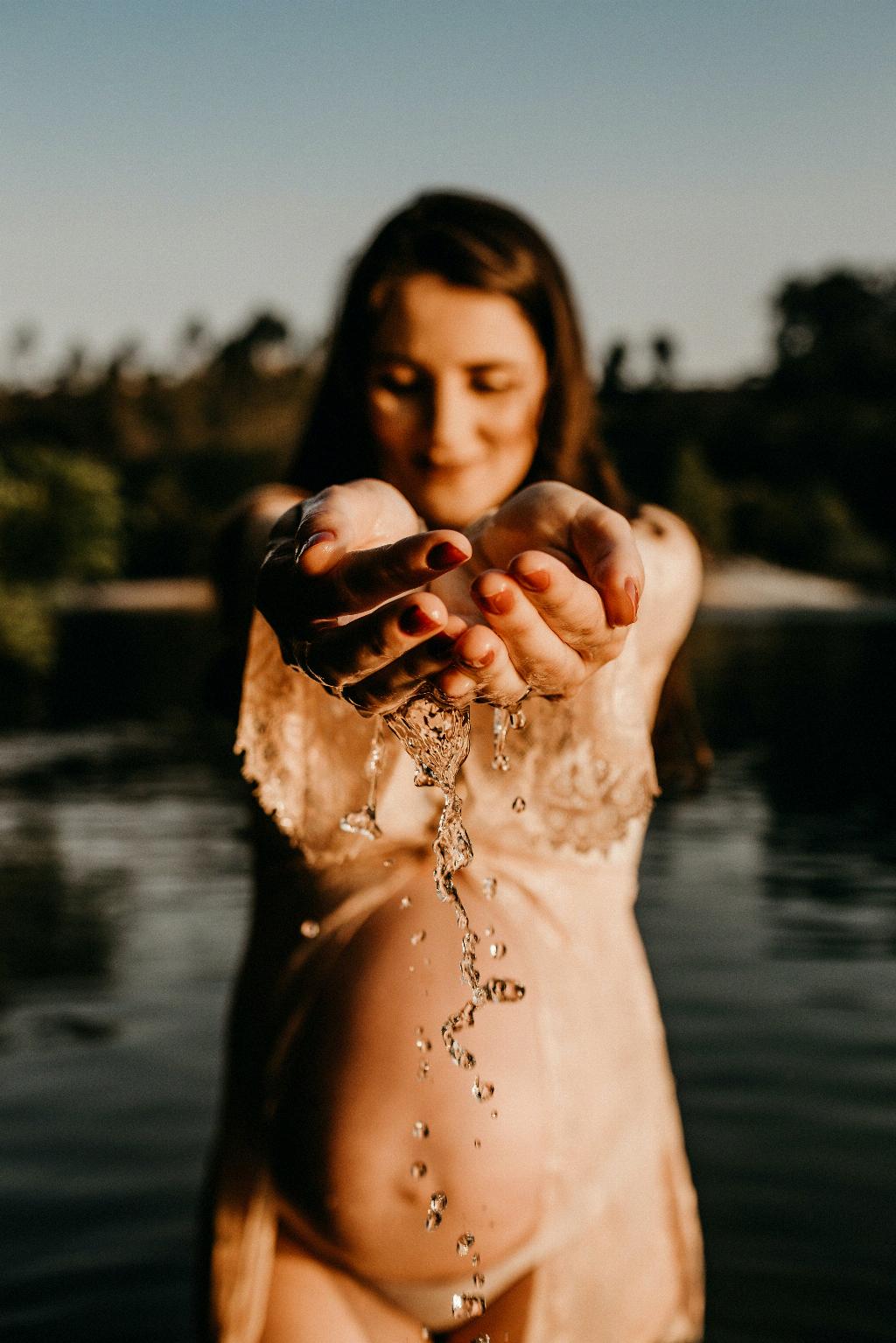By the time you reach the 31st week of your pregnancy, your baby has grown significantly and is now approximately 41.1cm long from head to heel. To put it into perspective, your little one is about the size of a coconut, which is quite remarkable considering where they started from just a few months ago.
At this stage, your baby is incredibly active, constantly on the move inside your womb. You may feel those tiny kicks, punches, and somersaults more prominently now as your baby explores their limited space. It’s a beautiful reminder of the life growing within you and a sign that your baby is healthy and developing as expected.
As your pregnancy progresses, your baby’s appearance is also undergoing significant changes. At 31 weeks, your little one is filling out and becoming plumper, making those once visible wrinkles on their skin less pronounced. It’s amazing to witness the transformation week by week as your baby grows and prepares for life outside the womb.
During this stage of pregnancy, your baby’s brain is continuing to develop rapidly, creating essential connections that will support their growth and learning in the months and years to come. Every movement your baby makes, every hiccup you feel, is a testament to the intricate development happening within their tiny body.
By 31 weeks, your baby’s senses are also becoming more refined. They can now taste and respond to different flavors based on the foods you eat, providing them with early exposure to the varied tastes of the world awaiting them. Your voice, heartbeat, and movements are familiar to your baby, offering them comfort and security even before they enter the world.
One of the remarkable things about this stage of pregnancy is the increase in your baby’s lung development. While their lungs are not yet fully matured, they are producing surfactant, a substance that helps the air sacs inflate smoothly and prevents them from collapsing. This is a crucial step in preparing your baby for independent breathing after birth.
As you approach the final stretch of your pregnancy, your baby’s immune system is also starting to strengthen. They are receiving antibodies from you through the placenta, providing them with some immunity against common illnesses and infections. This transfer of antibodies is vital in giving your baby a healthy start in life.
By 31 weeks, your baby’s sleep-wake cycle is becoming more defined. You may notice distinct periods of activity and rest as your baby follows their internal clock. These patterns of movement can give you insight into your baby’s personality even before they are born, providing a glimpse into the unique individual they are growing to be.
It’s important to continue monitoring your baby’s movements regularly at this stage to ensure they are staying active and healthy. Any significant changes in movement patterns should be reported to your healthcare provider, as it could indicate potential issues that need to be addressed promptly to safeguard both your health and the well-being of your baby.
As you navigate the final weeks of your pregnancy, it’s normal to experience a range of emotions, from excitement and anticipation to anxiety and impatience. Remember to take care of yourself, both physically and emotionally, as you prepare to welcome your little one into the world. Your well-being is crucial in ensuring a smooth transition for you and your baby.
In conclusion, the 31st week of pregnancy is a significant milestone in your journey to motherhood. Your baby’s growth and development have reached remarkable heights, and you are closer than ever to holding your precious little one in your arms. Embrace this time, cherish the moments of connection with your baby, and trust in the process as you prepare for the wonderful adventure that lies ahead.

